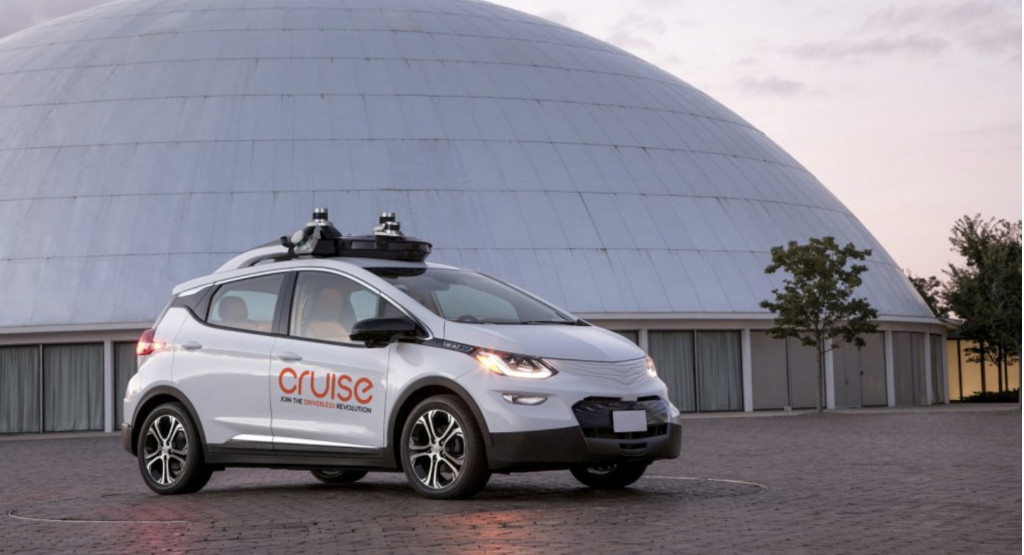Although numerous automakers and technology companies continue to test and push toward the goal of deploying self-driving cars, safety standards and regulations are nearly inexistent. With a new partnership between Ford, Toyota, General Motors and SAE International, the Automated Vehicle Safety Consortium hopes to change that.
Announced on Wednesday, the goal of AVSC is to help ensure Level 4 and Level 5 self-driving cars develop in safe environments. On the SAE autonomy scale, Level 5 is the highest with zero input required from a human in any given scenario.

Toyota self-driving car prototype
The AVSC believes it fills a gap in the budding self-driving car space in that it will create a framework for safety guidelines that it can use to work with governing bodies and other agencies. Ultimately, governments need to enact laws to make self-driving cars acceptable for public roads, especially if future autonomous vehicles do not feature typical steering wheels or pedals for human drivers.
At the organization's announcement, the AVSC also produced its first proposal: a roadmap of priorities of where it will focus attention. To start, the group wants to make development and regulations accessible to any developer, manufacturer or technology integrator. Further, the focus will initially be on sharing data, self-driving vehicle interactions with human drivers, and a set of safe testing guidelines.

GM Cruise AV self-driving car
Ford, General Motors and Toyota each said it realizes self-driving cars need to be deployed with respect to the public and realize companies need to show the technology is trustworthy.
The group plans to share more of its vision and discuss more details throughout the year and will speak during SAE International’s World Congress Experience that begins April 9.